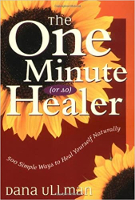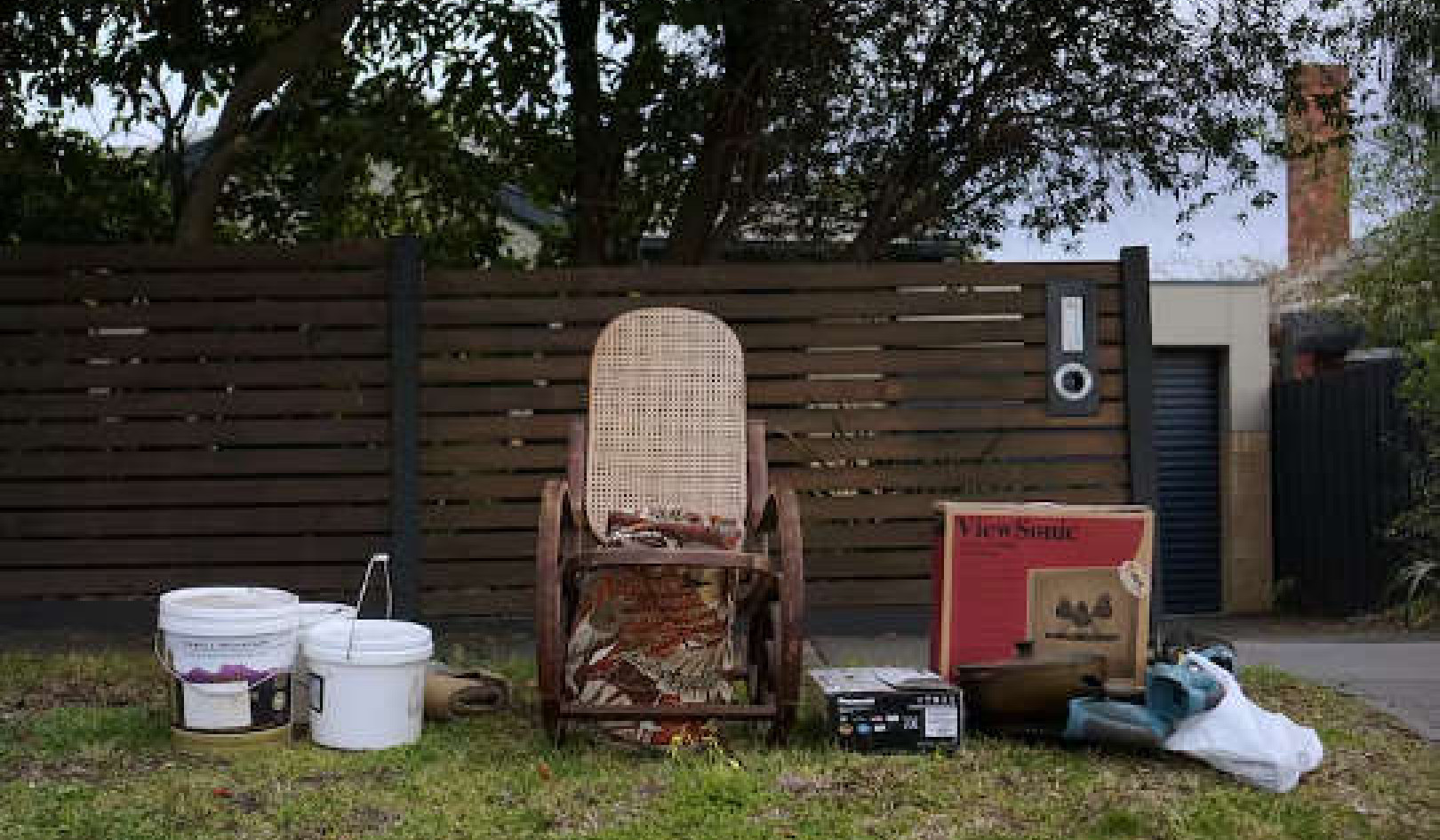"There is no disease but stagnation,
no remedy but circulation."
-- Chinese proverb
When you consider that your large intestine is approximately 5 feet long, and your small intestine is 20 feet long, it's amazing that anything finds its way out of your body at all.
So many people in Western civilization experience constipation that many doctors dismiss it and consider it unworthy of their attention. Although constipation itself is not an illness, it is a symptom of something wrong. Is your diet adequate? Is there too much stress in your life? Were you exposed to certain toxic substances? Is it a side effect from a medication?
Is Constipation A Disease?
Constipation itself is not a disease, but it can certainly lead to disease. Of particular concern is that it can lead to bad breath, body odor, and hemorrhoids. If that ain't scary, how about the fact that it can cause varicose veins, headaches, and insomnia. Well, okay, if you really want to be scared, you should know that it can also lead to depression, diverticulitis (it even sounds painful), and bowel cancer.
The most common cause of constipation is our processed, low-fiber, high-fat and high-sugar diet. Food companies have, for better or worse, come to the aid of people with constipation and are adding fiber to everything. Ironically, in order to create white bread, food companies commonly denature the whole wheat grain and then add fiber back into the bread. Some food companies add "powdered cellulose" to their bread recipes. Although this certainly adds fiber to the diet, powdered cellulose, also known as sawdust, isn't the ideal way to get your fiber.
Does Age Affect Bowel Movements?
Older people are five times more likely to suffer from constipation than younger people are. While this may be partly due to poor diet, inadequate fluid consumption, or lack of exercise, it is also because of past laxative use. Millions of people today, especially older folks, are addicted to laxatives. Although these drugs provide temporary relief, they do nothing to remedy the cause of the constipation. Worse yet, whenever you get something done for you easily, you're not able to do it for yourself as well, leading to chronic constipation problems.
Most people don't realize that coffee has strong laxative properties. People sometimes become addicted to it, not simply for the taste or the caffeine, but because of coffee's effects on their bowels. People who sharply reduce their coffee intake tend to become constipated temporarily. However, there are safer ways to regulate your bowels than drinking coffee.
Here are some strategies that you can use for yourself. They will be helpful in navigating the 25 feet or more of intestines so that whatever you put into your body will be able to easily find its way out.
Lubricate yourself
Drink six to eight glasses of water a day.
Olive oil and lemon
Take one tablespoon of olive oil and the juice of one lemon just before bedtime and upon rising in the morning (don't eat any food for at least 30 minutes afterwards). Commonly called "a liver flush", this combination is thought to stimulate liver function and improve overall digestion and elimination of food. Another effective strategy is to mix one lemon with one cup of warm water and drink it before bedtime and upon getting up in the morning.
Supplements to consider
Acidophilus provides friendly bacteria to help improve digestion and elimination. Apple pectin gives useful fiber. Vitamin C in high doses (5-0 grams per day) can loosen stools. Alfalfa or chlorophyll can help detoxify the body.
Avoid the drug plugs
If you are taking any medications, check to see if they promote constipation. Painkillers and antidepressants are two common types of drugs that usually cause constipation. Over-the-counter antacids that contain aluminum can also constipate.
Avoid the food and vitamin plugs, too
Certain foods such as milk, cheese, and white flour products; and certain vitamins such as iron and calcium supplements can cause constipation.
Bounce in a squatting position
Flexing anal muscles by squatting and bouncing helps build up anal muscle tone.
Get in touch with your inner plumber
When your intestines are not pushing things along as they should, perhaps a visualization exercise that simulates Roto-rooter action moving thing down the drain will help. This strategy may not be adequate if used without other methods. Just like the Islamic saying, "Trust in God, but tie your camel to a palm tree," you should trust your inner plumber, but keep eating your fiber!
Article Source
The One Minute (or so) Healer
by Dana Ullman, MPH.
 The One-Minute (Or So) Healer, drawing on a wide range of natural healing approaches including nutrition, yoga, homeopathy, massage, relaxation, and even humor, not only gets readers back on their feet, but also provides them with quick and easy ways to do so.
The One-Minute (Or So) Healer, drawing on a wide range of natural healing approaches including nutrition, yoga, homeopathy, massage, relaxation, and even humor, not only gets readers back on their feet, but also provides them with quick and easy ways to do so.
Using a relaxed, humorous style, this guide addresses 31 common health problems along with 500 healing techniques.
Click here for more info or to order the latest edition of this book.
(EDITOR'S NOTE: The remedies presented here have taken from the book: "The One Minute (or so) Healer" by Dan Ullman, MPH. While we present a few suggestions here, the book contains 500 simple ways to heal yourself naturally.)
About the Author
 DANA ULLMAN M.P.H. is one of America’s leading advocates for homeopathy. Hehas been certified in classical homeopathy by the leading organization in the U.S. for professional homeopaths. Dana has authored 10 books. He has also created an e-course How to Use a Homeopathic Medicine Kit which integrates 80 short videos (averaging 15 minutes) with his famous ebook, entitled Evidence Based Homeopathic Family Medicine.
DANA ULLMAN M.P.H. is one of America’s leading advocates for homeopathy. Hehas been certified in classical homeopathy by the leading organization in the U.S. for professional homeopaths. Dana has authored 10 books. He has also created an e-course How to Use a Homeopathic Medicine Kit which integrates 80 short videos (averaging 15 minutes) with his famous ebook, entitled Evidence Based Homeopathic Family Medicine.
He is the founder of Homeopathic Educational Services which is America’s leading resource center for homeopathic books, tapes, medicines, software, and correspondence courses. Homeopathic Educational Services has co-published over 35 books on homeopathy. For more about Dana Ullman, visit https://homeopathic.com/about/



























